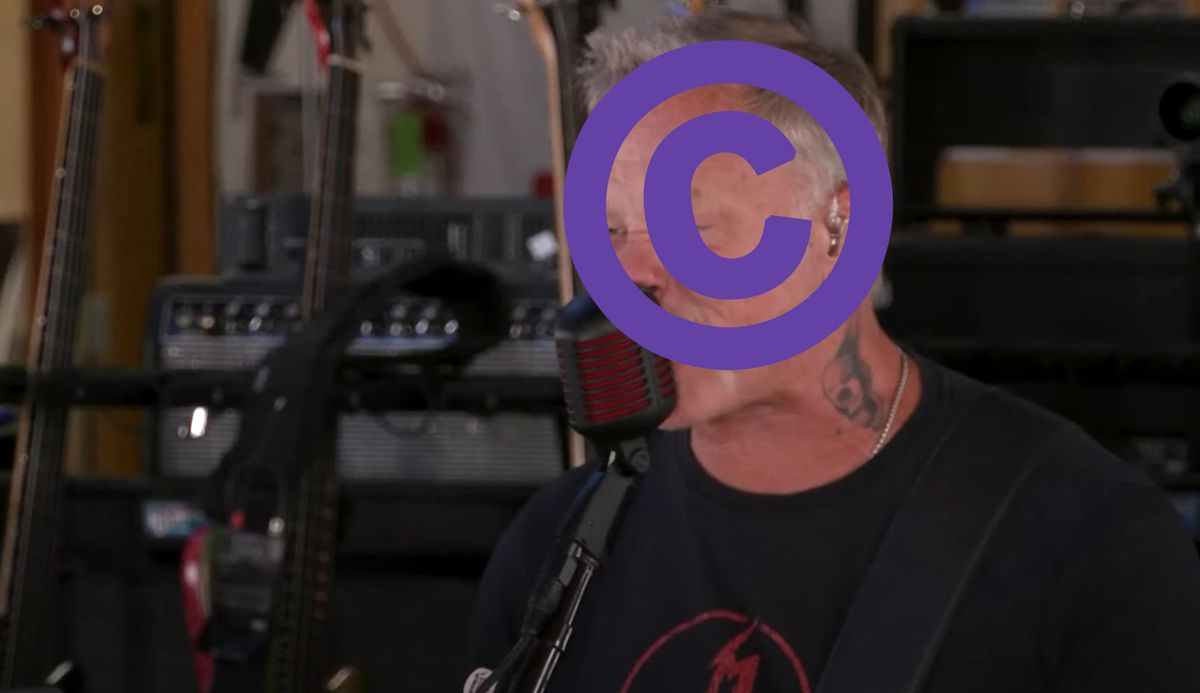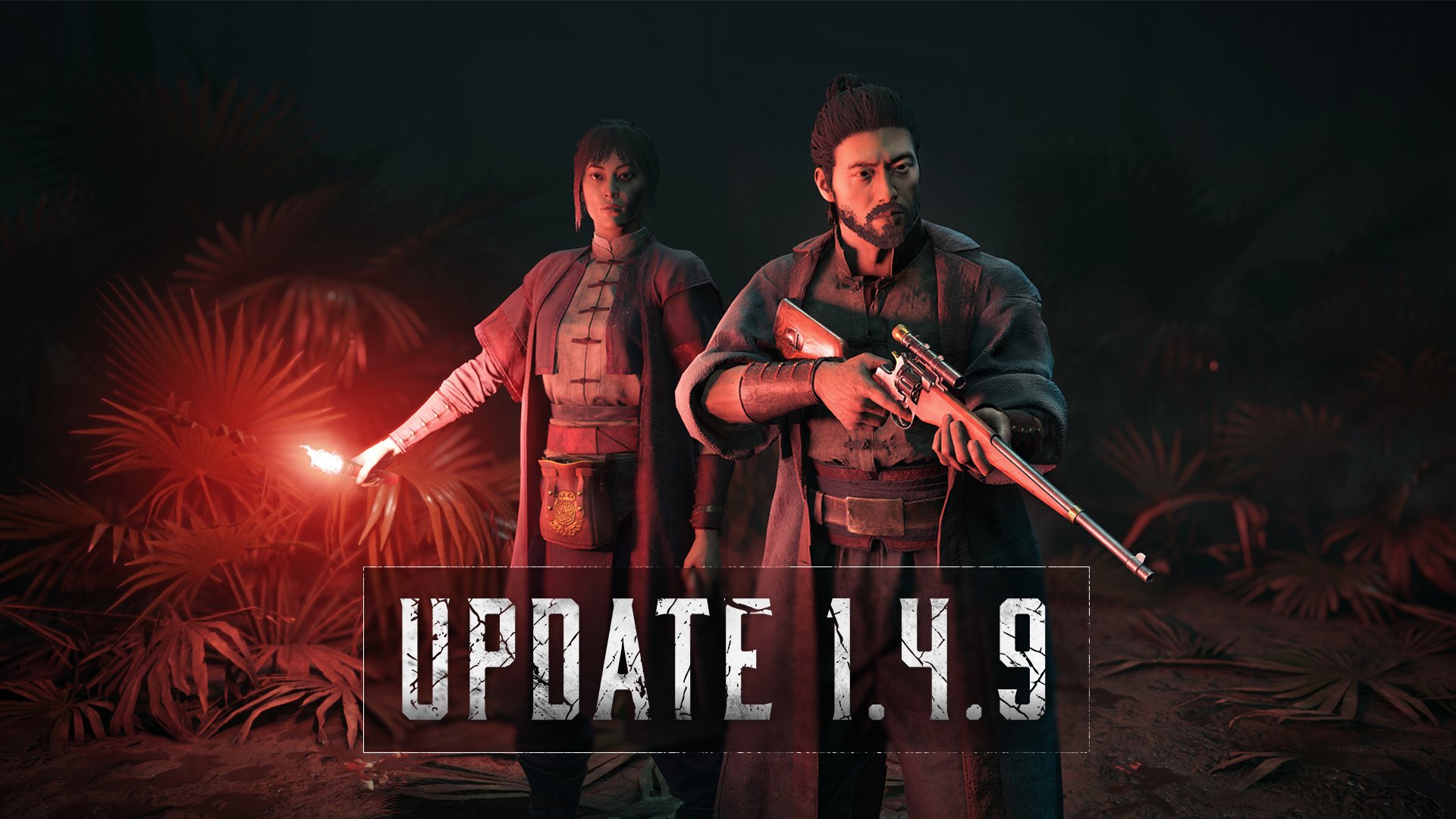

“I had to make a popup, and figure out how to send back the results of this popup to the extension to get the token to use for Spotify. But usually logging in with Spotify happens in an iframe with OAuth,” Pequeno0 says. For example, it’s not possible to embed an iFrame in the Twitch extension. “Getting to understand the Twitch API together with the Spotify API was problematic to start with. It was not without technical issues, however.

Pequeno0 says he uses Spotify himself and since it’s a widely used service and accessible to millions – not to mention having a public API that is easy to use – the decision to integrate the platform was obvious. So I talked to a friend of mine, and we came up with this idea of synchronizing music in a way that would still pay the artists.” So it was actually with them in mind that I started the project. “When the DMCA strikes hit, they were hit hard. “I’ve watched a lot of GTA V RP on Twitch, and they used to play a lot of music, which fit the RP,” Pequeno0 informs TorrentFreak. And because the music is being played on Spotify, the artists get paid. The user simply connects to the streamer’s Spotify using the extension, executes a ‘force sync’ if necessary, and then listens to exactly the same music as the streamer, at exactly the same time, on their own machine. The beauty here is that no copyrighted tracks are distributed or recorded with or even without permission. Pequeno0’s solution is SpotifySynchronizer, a Twitch extension that synchronizes the streamer’s Spotify with the viewer’s Spotify, so that stream viewers can listen to the same music as the streamer, at exactly the same time.

However, with some lateral thinking, developer Peter Frydenlund Madsen, known on Twitch as Pequeno0, has come up with an elegant solution that will be useful to millions of users. Unless users (or indeed Twitch) obtain licenses to stream mainstream music to the public, DMCA notices are always going to be a problem. And ensuring artists also get paid? Achieving the Impossible, Simply But what if it was possible to stream copyrighted background music to users on Twitch, without receiving DMCA notices. In May, Twitch sent out an email noting that it had received another batch of DMCA takedown notices from music publishers, noting that the majority targeted streamers listening to background music while playing video games. That initial batch was the work of the RIAA and in October 2020 the problems were back again when the music industry group fired off a second wave of complaints. Last summer, chaos urupted on Twitch when users were suddenly bombarded with copyright infringement notices for content uploaded during 20.


 0 kommentar(er)
0 kommentar(er)
